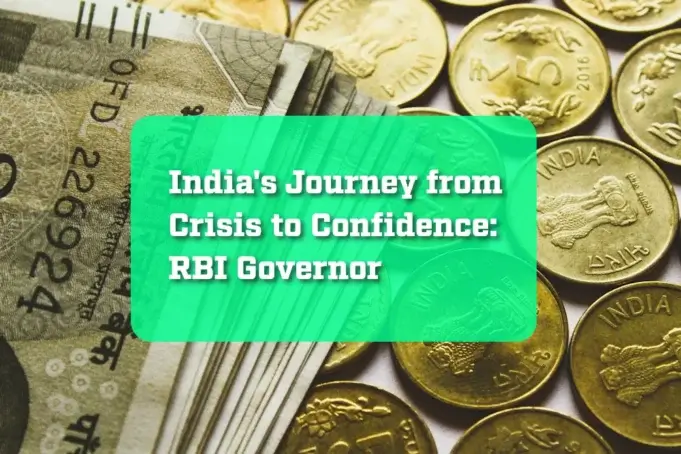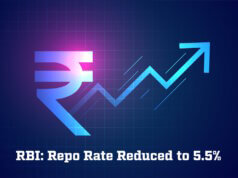Speaking at the Davos Annual Meeting of the World Economic Forum, the RBI Governor expressed his views on the Indian economy amidst a backdrop of global economic uncertainty and challenges. He emphasized that India currently exudes confidence, positivity, and optimism, with recent growth figures exceeding most forecasts.
In 2022-23, India achieved a real gross domestic product (GDP) growth rate of 7.2 percent, and the latest data from the National Statistical Office (NSO) suggests that the economy is on track to grow by 7.3 percent in 2023-24.
India’s robust domestic demand conditions have positioned it as the fastest-growing major economy globally and the fifth-largest economy overall. In terms of purchasing power parity (PPP), India already ranks as the third-largest economy. This growth has been primarily driven by domestic demand, which has acted as a cushion against external economic challenges.
India’s fundamentals have strengthened in recent times, with declining inflation, resilient bank and corporate balance sheets, and a commitment to fiscal consolidation. Additionally, India’s external balances are well-managed, thanks to substantial foreign exchange reserves. The Reserve Bank of India’s proactive monetary policy measures have played a crucial role in facilitating a quick and sustained recovery.
Furthermore, the Indian government has undertaken significant structural reforms in areas such as taxation, banking, ease of doing business, manufacturing, inflation management, and digitalization. These reforms have substantially enhanced the country’s medium and long-term growth potential, fostering productivity improvements and technology adoption across various sectors. The production-linked incentives (PLIs) scheme has driven a notable shift in the manufacturing sector.
The services sector, contributing significantly to India’s value addition, is also embracing technology to enhance delivery, reach, and competitiveness. External demand for Indian services is rapidly diversifying, extending beyond information technology-related services to encompass business development, research and development, professional management, accountancy, and legal services.
Addressing the monetary policy adopted by the RBI, the Governor highlighted the 250 basis points increase in the repo rate between May 2022 and February 2023, coupled with liquidity rebalancing, which significantly contributed to reducing headline inflation and moderating core CPI inflation (excluding food and fuel).
The government’s proactive supply-side interventions have mitigated the impact of food price shocks. The Governor stressed the importance of remaining vigilant and actively pursuing disinflationary monetary policy, particularly in the face of uncertain food prices. Stable inflation is essential for India’s growth ambitions.
He stated that the RBI expect an average CPI inflation rate of around 4.5 percent in FY 2024-25 and a GDP growth rate of 7 percent.
In conclusion, the Governor stated that, despite global economic challenges, the Indian economy is poised for sustained higher growth in the long term.
Sourced from: https://rbi.org.in/Scripts/BS_SpeechesView.aspx?Id=1406











